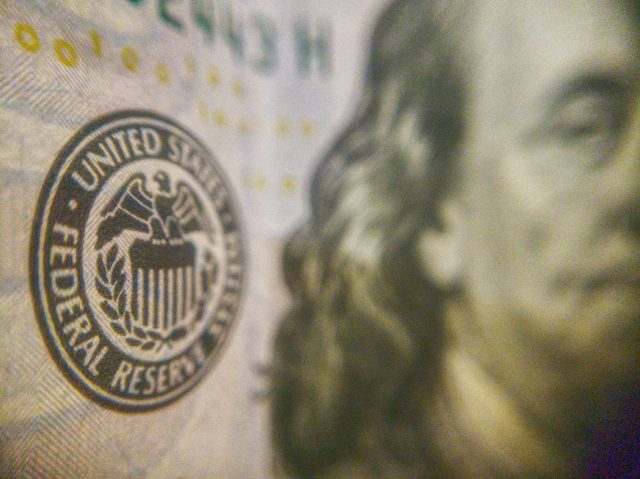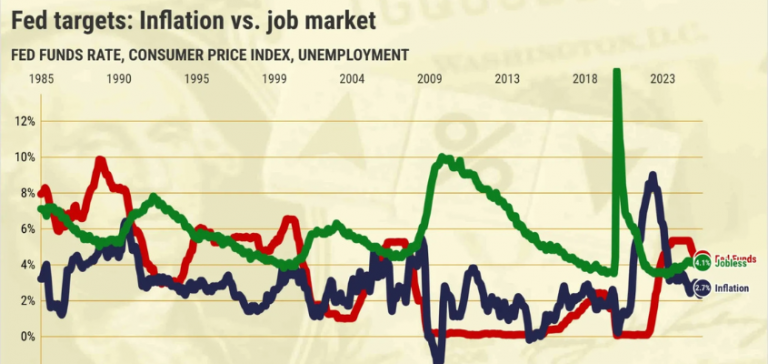Instacart’s AI Experiments Are Costing Americans
Somewhere, a mom taps through her grocery app while waiting in the school pickup line, purchasing a box of Wheat Thins for $5.99. Across town, someone else scrolls through the same grocery app and adds the exact same box of Wheat Thins to their cart. For them, the crackers ring up at $6.99. It is the same item, from the same store, at the same time, but one unlucky shopper is stuck paying a higher price. Neither shopper has any idea this pricing game is even being played.
This is not a hypothetical scenario. Increasingly, it’s happening all over the country. Right now, grocery delivery app Instacart is conducting large-scale, hidden pricing experiments on unsuspecting shoppers to determine just how much money they can extract from customers on the groceries they buy to feed their families.















